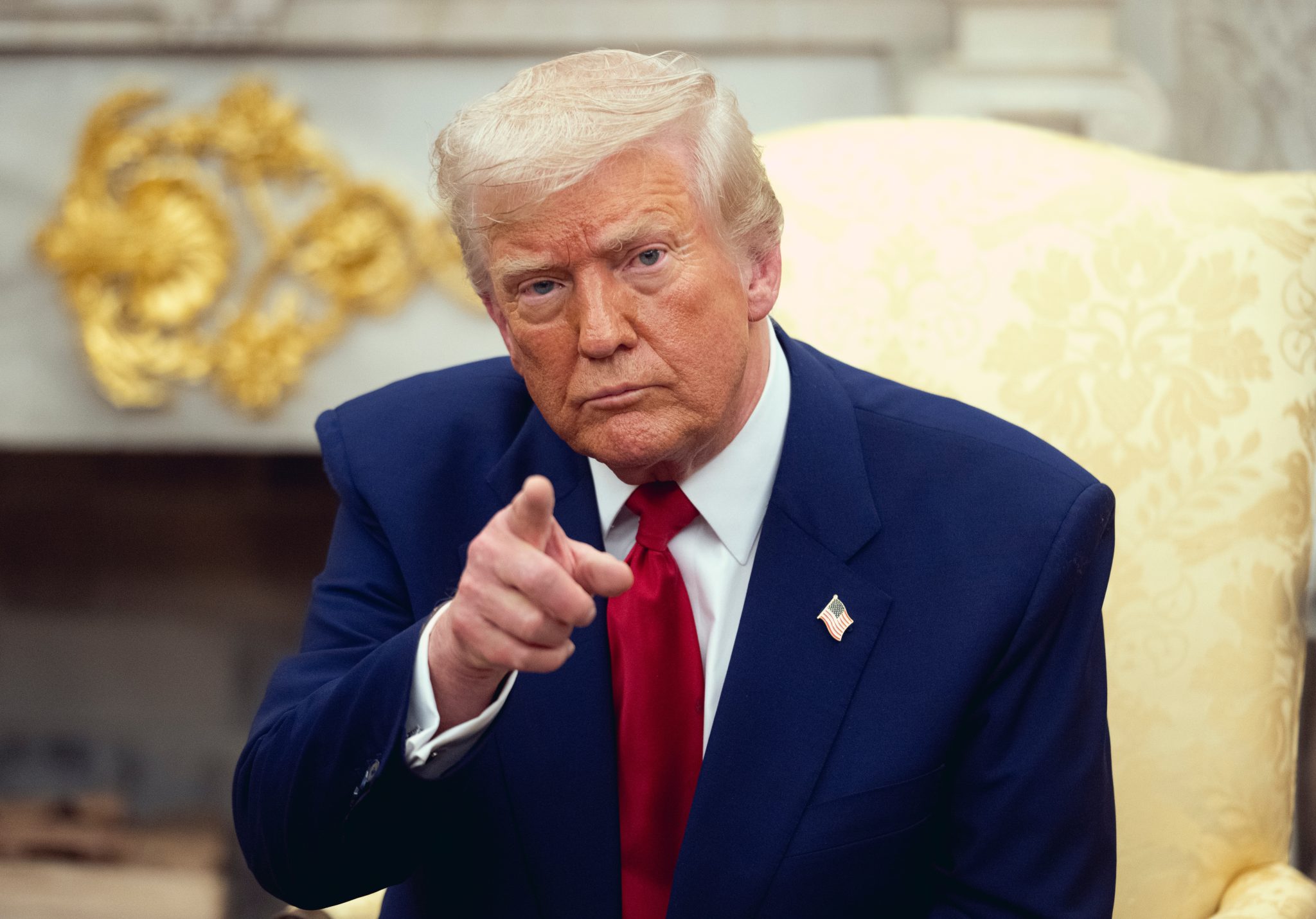Blame Game ERUPTS – Mideast Burns On

As Israel conducts airstrikes on Iranian targets, left-wing commentators rush to blame former President Trump for the escalating Middle East conflict while conservatives push back against what they see as misplaced accusations.
At a Glance
- Israel’s strikes killed top Iranian military officials and damaged nuclear facilities including the Natanz enrichment site
- The United States described Israel’s actions as “unilateral” while warning Iran against retaliating against American targets
- Left-wing commentators, including former Obama official Ben Rhodes, attribute the conflict to Trump’s withdrawal from the Iran nuclear deal
- Conservative voices characterize these reactions as examples of “Trump Derangement Syndrome”
- The political divide highlights fundamental disagreements about Trump’s Middle East policies and their consequences
Israel’s Strikes and Initial Fallout
Israel’s targeted airstrikes against Iran have resulted in significant casualties among top Iranian military leadership and nuclear scientists. The precision attacks also damaged several Iranian nuclear sites, most notably the main uranium enrichment facility at Natanz. These strikes represent a major escalation in the ongoing tensions between Israel and Iran, with potential ramifications extending throughout the Middle East region and beyond. The Israeli government has positioned these actions as necessary defensive measures against what they perceive as an existential threat from Iran’s nuclear program and military capabilities directed against Israeli interests.
The United States has carefully distanced itself from direct involvement in the operation while maintaining support for Israel as an ally. American officials have described the strikes as “unilateral” Israeli actions, emphasizing that Washington was not operationally involved. Simultaneously, the Biden administration has issued stern warnings to Iran against retaliating against American targets, signaling its intent to prevent further escalation that might draw U.S. forces directly into the conflict. This delicate diplomatic positioning reflects the complex relationships the United States maintains with various regional powers.
— Viewpoin↑ (@NSP_Viewpoint) December 8, 2024
Political Blame Game Erupts
In the aftermath of Israel’s strikes, a fierce political debate has ignited in the United States about who bears responsibility for the current state of Middle Eastern tensions. Left-leaning commentators have pointed to former President Donald Trump’s policies as the root cause of the escalation.
Ben Rhodes, who served as Deputy National Security Advisor under President Obama, directly criticized Trump’s decision to withdraw from the 2015 Joint Comprehensive Plan of Action (JCPOA), commonly known as the Iran nuclear deal. Rhodes and others suggest that abandoning the agreement removed crucial constraints on Iran’s nuclear program and destabilized regional security.
The accusations extend beyond policy disagreements, with some prominent voices on social media characterizing Trump as having been “humiliated” by Israeli Prime Minister Benjamin Netanyahu. Ed Krassenstein, a progressive social media figure with a large following, joined others in directly attributing responsibility for the current conflict to Trump’s approach to Iran and the broader Middle East. These critics argue that Trump’s withdrawal from the JCPOA in 2018 eliminated the diplomatic framework that had been containing Iran’s nuclear ambitions and maintaining relative stability in the region.
Conservative Pushback Against Blame
Conservative voices have forcefully rejected these accusations, characterizing them as examples of “Trump Derangement Syndrome” – a term used to describe what they view as irrational criticism of the former president. They argue that blaming Trump for current events in the Middle East represents a reflexive response rather than a reasoned analysis of complex geopolitical dynamics. Critics of the left’s position point out that tensions between Israel and Iran predate Trump’s presidency by decades and are rooted in fundamental regional conflicts rather than specific U.S. policy decisions.
The conservative perspective emphasizes that the JCPOA itself was deeply flawed, with limitations on its inspection regime and sunset provisions that would have eventually allowed Iran to resume nuclear development. They argue that the agreement provided economic relief to Iran while failing to address its ballistic missile program or support for regional militant groups. From this viewpoint, Trump’s withdrawal was a necessary correction to a failed approach rather than the cause of current problems. The debate highlights the fundamentally different worldviews that continue to divide American politics on foreign policy issues.
https://twitter.com/shellenberger/status/1859749338039423447
Broader Implications for U.S. Politics
The sharply divided reactions to Israel’s strikes on Iran illustrate how foreign policy has become increasingly polarized in American political discourse. What might once have generated bipartisan consensus now immediately splits along partisan lines, with each side interpreting events through fundamentally different frameworks. The blame directed at Trump for current Middle Eastern tensions reflects broader disagreements about America’s proper role in the world and the effectiveness of different diplomatic and security approaches. These divisions are likely to persist and may even intensify as the 2024 presidential election approaches.
As both Israel and Iran consider their next moves, American political figures continue to interpret events through their preferred ideological lenses. This pattern of reaction demonstrates how foreign policy has become inseparable from domestic political battles, with international events frequently serving as proxies for arguments about leadership and governance at home. The debate over responsibility for current tensions highlights the challenges facing any administration attempting to navigate the extraordinarily complex geopolitics of the Middle East while maintaining domestic political support for its policies.
